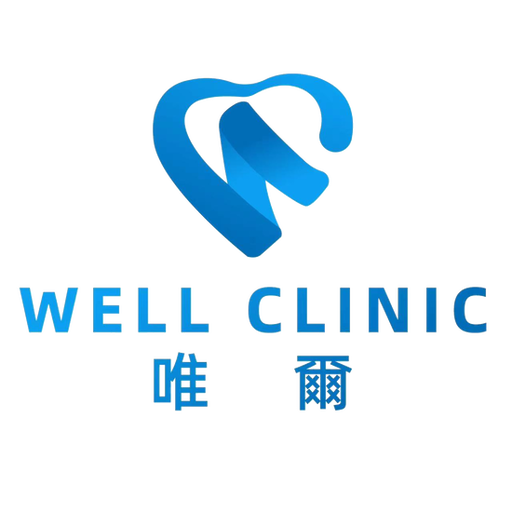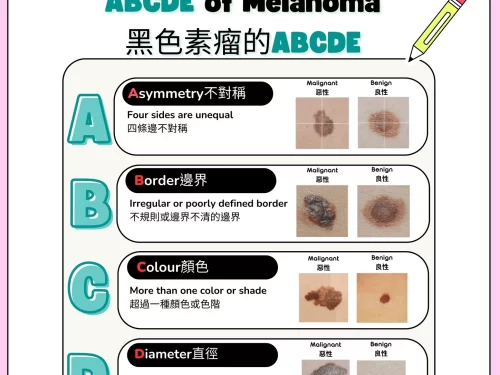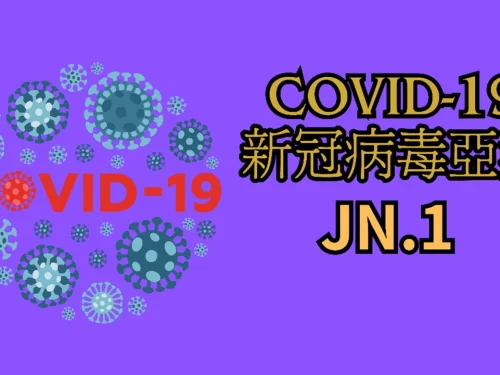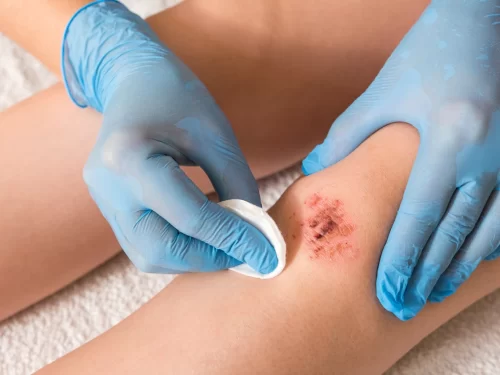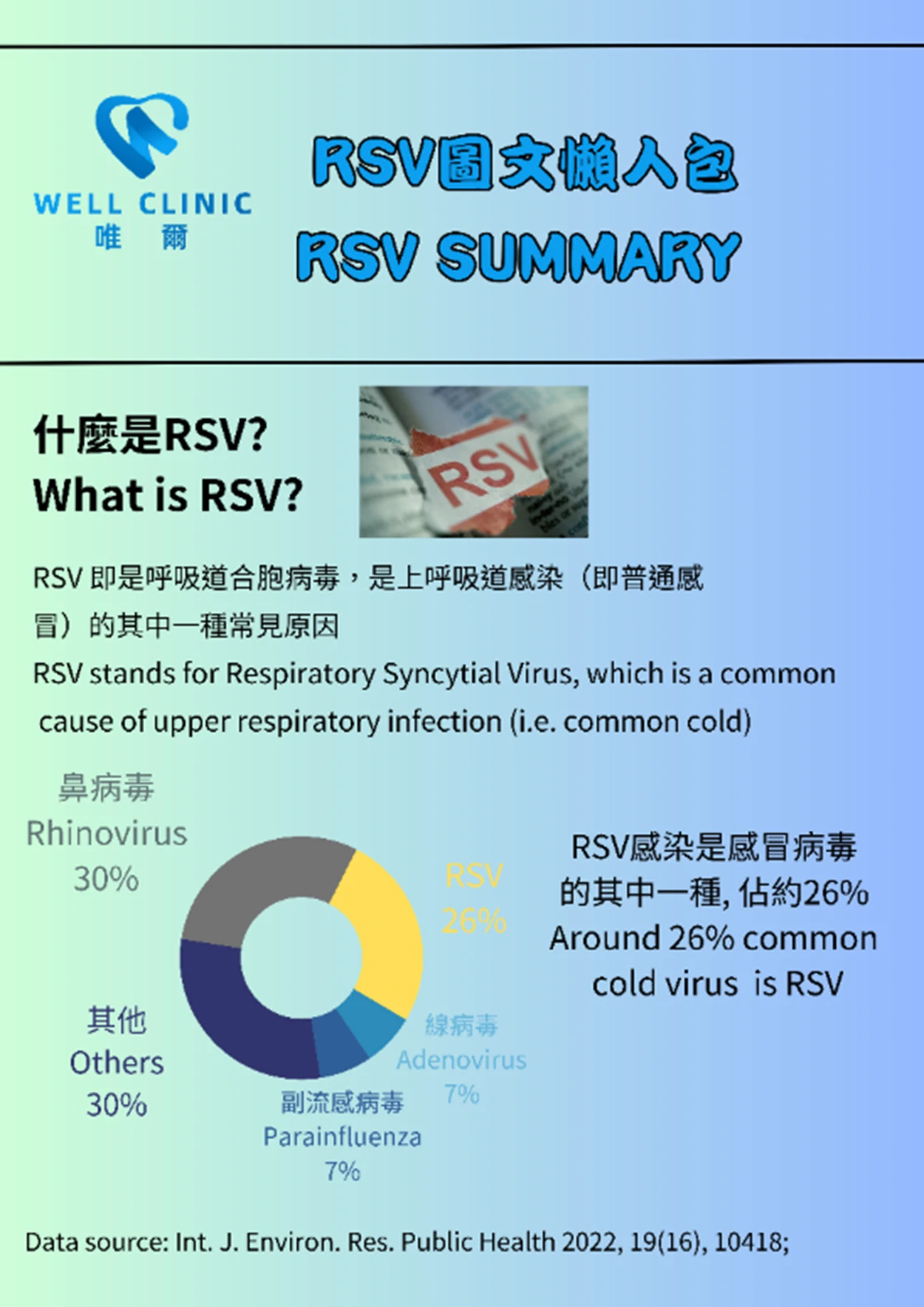
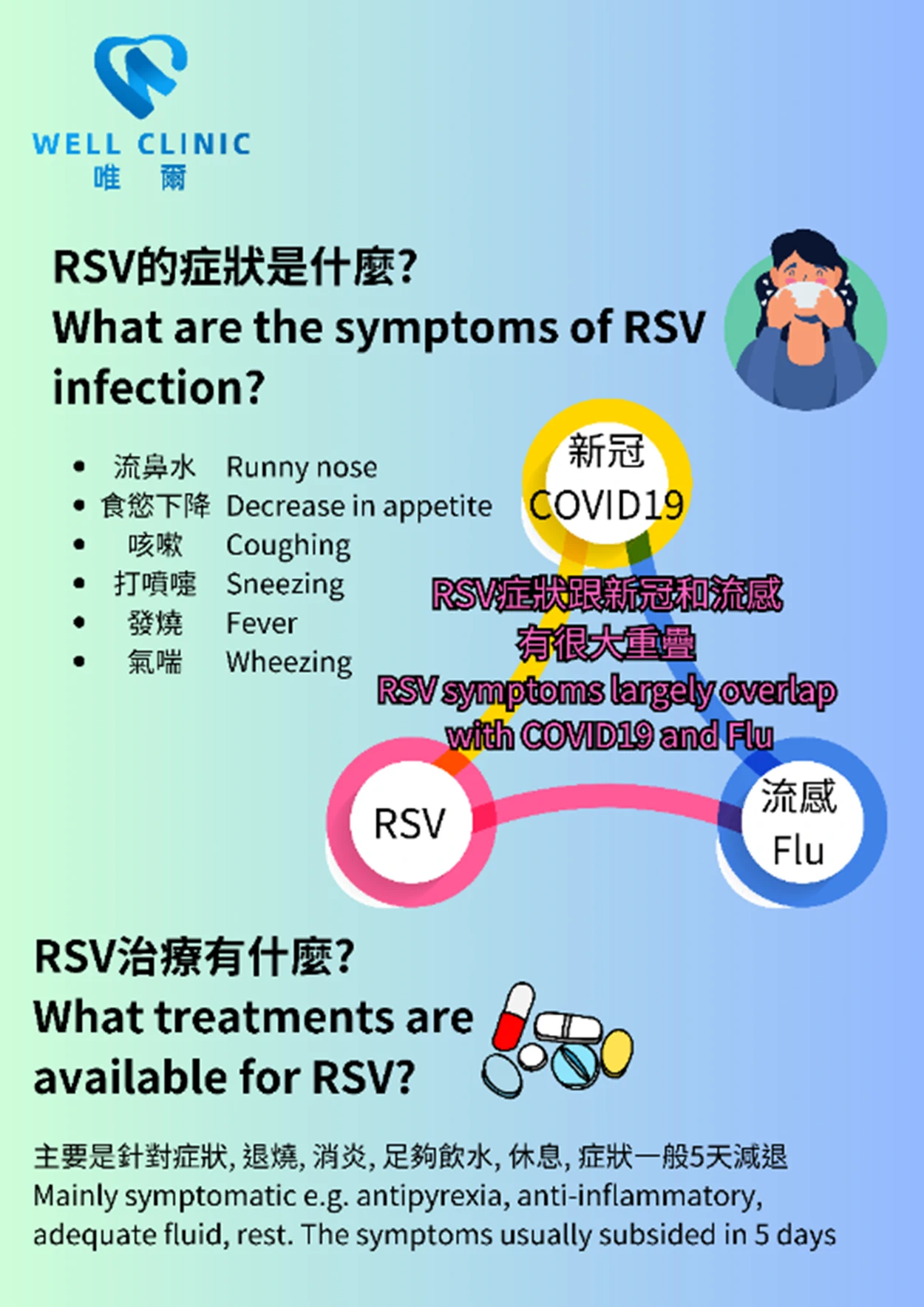
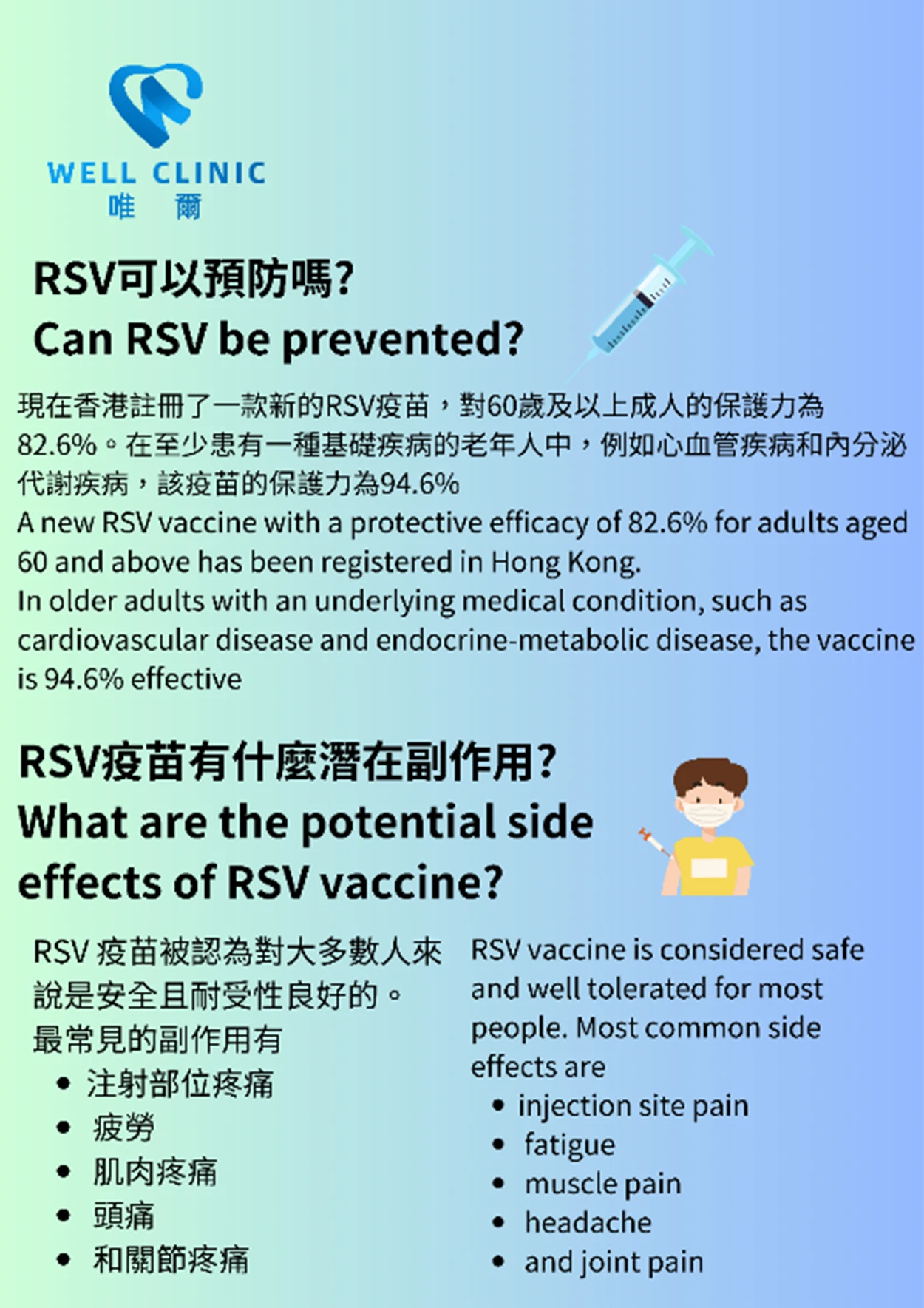
What is RSV?
RSV stands for Human Respiratory Syncytical virus (Respiratory Syncytical Virus, RSV), which can cause severe lower respiratory tract infections in children and older adults. It usually causes mild cold-like symptoms such as coughing, sneezing, runny nose, nasal congestion, chills, low-grade fever and loss of appetite. RSV tends to attack more the lower respiratory tract (bronchioles) than common cold, and thus produces sputum that blocks the tiny airways, which can cause “acute bronchiolitis”
It is difficult for the human immune system to develop immunity to it, so the course of the disease after infection will be longer than that of a common cold, which can last up to 2 weeks.
Is rapid test for RSV available?
Yes, and using a cotton swab to obtain nasopharyngeal secretions. It is similar to the rapid test for influenza and COVID-19.
After obtaining the specimen, the results can be known in about 5 minutes, which can help doctors confirm the diagnosis and also allow patients and their families to be reassured.
What are the treatments for RSV?
Currently, no specific drugs exist to treat RSV infection, so “symptomatic treatment” is mainly used, including hydration and electrolyte replacement, respiratory therapy, bronchodilators, etc.
Is RSV vaccine available?
A new RSV vaccine with a protective efficacy of 82.6% for adults aged 60 and above has been registered in Hong Kong.
In older adults with an underlying medical condition, such as cardiovascular disease and endocrine-metabolic disease, the vaccine is 94.6% effective.
Before vaccination, please consult your doctor to learn more about vaccinations and choose the vaccine that is best for you and your family.

